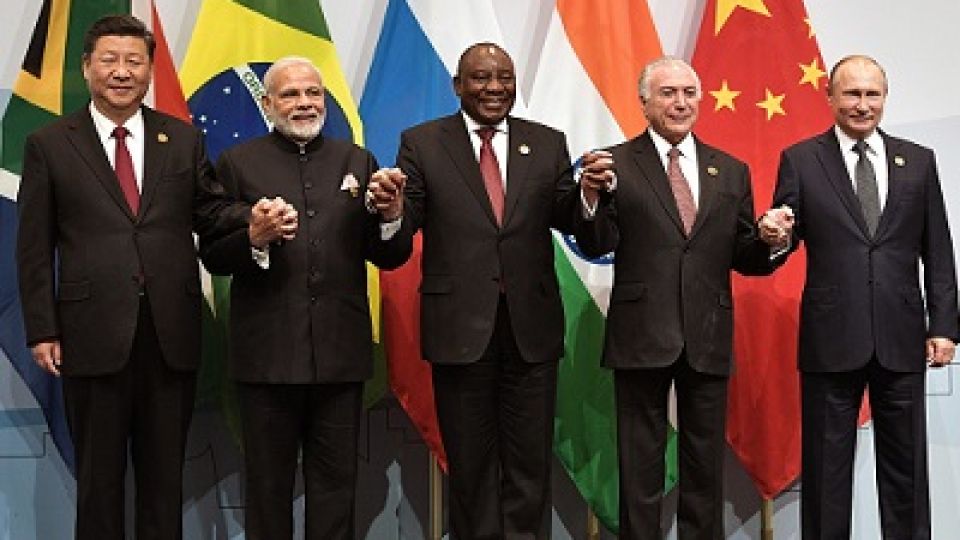by TINTSWALO BALOYI
JOHANNESBURG, (CAJ News) – AN economist has encouraged South Africa to make the most of its chairmanship of the BRICS to help local farmers access markets in China and India.
BRICS is acronym for Brazil, Russia, India, China and South Africa. The latter assumed the role of chair in 2023. It held the role in 2018.
Economist Wandile Sihlobo explained each tenure is different and brings a new opportunity to influence the agenda inside this economically influential grouping of countries.
While BRICS is not a formal economic or trade bloc, business communities from each country characteristically seek ways to deepen trade and investment with BRICS partners.
The South African Business Council will this year lead the agenda, in line with its political principals chairing BRICS.
Sihlobo noted the main interest of South African agriculture and agribusiness in the grouping is to advance agricultural exports, specifically to China and India.
“These are countries that have relatively solid economic growth prospects and large populations (and therefore markets), though Brazil tends to compete with South Africa in big agricultural commodities,” he said.
Sihlobo is the chief economist at the Agricultural Business Chamber (Agbiz).
The economist pointed out BRICS countries account for a small share of South Africa’s agriculture exports — an average of 8 percent over the past ten years, of total annual agricultural exports of US$9,9 billion.
China is the leading market, accounting for an average of 5 percent of South Africa’s agricultural exports to the world.
The top products exported to China were beef, citrus, grapes, nuts and wool.
While the BRICS countries imported an annual average of $764 million of agricultural products from South Africa, a small share of the nearly $10 billion South Africa exported annually over the past decade, the grouping imported an average of $196 billion worth of agricultural products from the world market.
“The $764 million BRICS countries imported from South Africa over the past decade makes us a small player in the grouping’s agricultural trade,” Sihlobo said.
He urged South Africa’s representatives within the agribusiness stream of the BRICS Business Council and the broader political grouping to continue advocating lower import tariffs on agricultural products, specifically from India and China.
Australia and Chile among others access the Chinese market at zero preferential tariffs, while South Africa producers face duties as high as 14 percent.
They have bilateral agreements with China, unlike South Africa.
Thus the latter’s involvement in BRICS should provide an opportunity to lobby for lower duties on food, fibre and beverage products.
Sihlobo forecast such engagements will not all be smooth sailing, as China and India would most likely want a reciprocal agreement with South Africa.
“This will put us in a challenging position as the government is simultaneously pushing its ‘localisation’ strategy,” Sihlobo concluded.
– CAJ News

